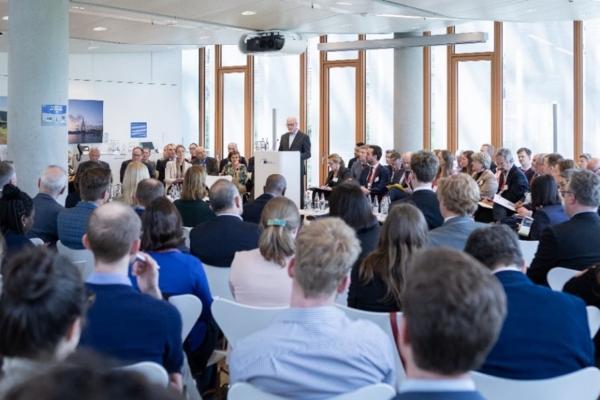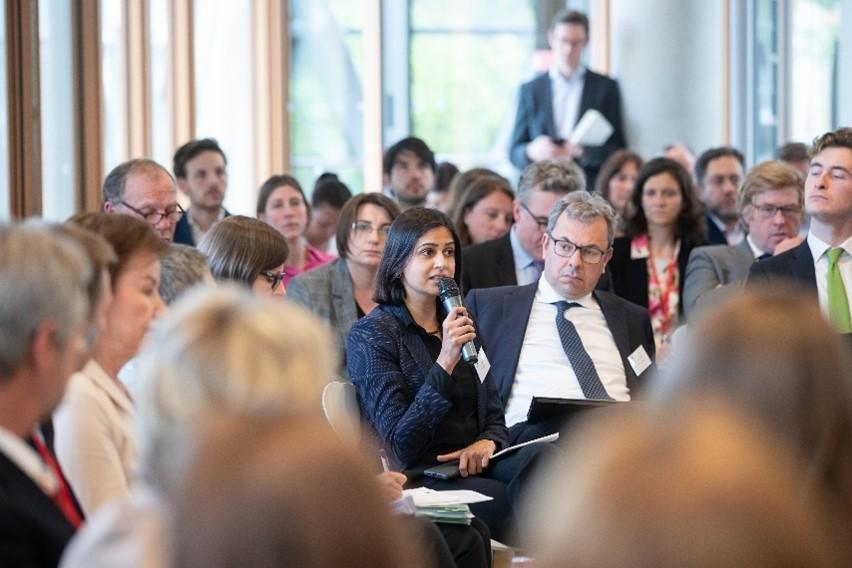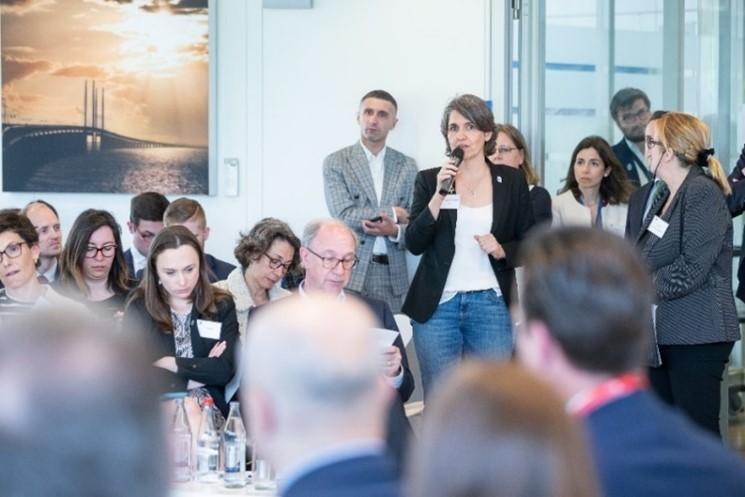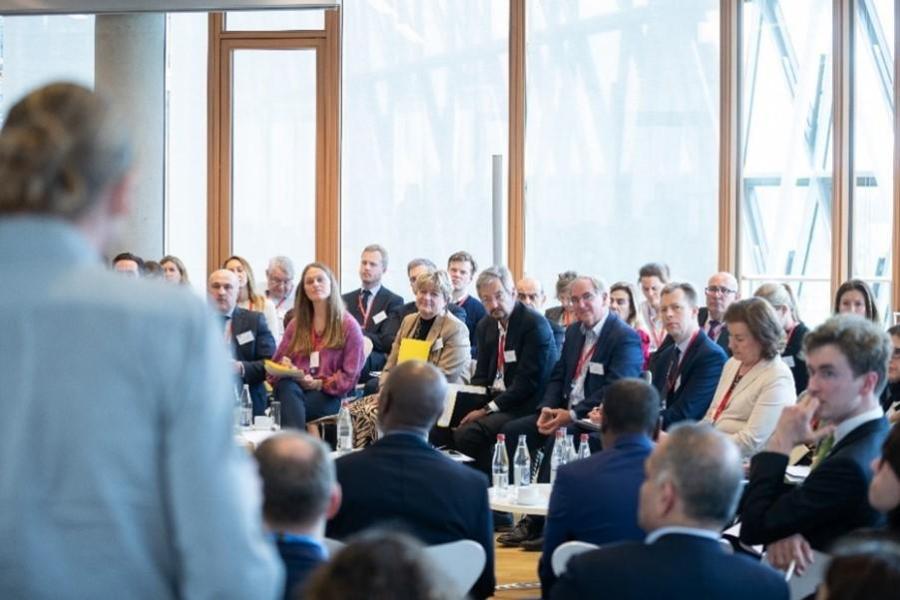
On Tuesday 2 May 2023, the EIB organised the annual seminar between its Board of Directors and civil society (CSOs) in its Luxembourg headquarters. After two years of holding the seminar online during the pandemic, this year’s event marked a return to in-person participation. A significant range of organisations working on a wide spectrum of different issues took part in the seminar. Such a broad outreach gave the Board Members access to a wealth of expertise and a diversity of views on key topics for the Bank. Civil society representatives were strongly engaged in preparing this year’s seminar, both in selecting speakers and moderators, as well as proposing the topics on the agenda. Their input was reflected in the issues for discussion: “Partnering for impact: EIB Global’, as well as “EIB as the EU climate and environment bank’.
EIB engagement with CSOs
EIB Vice-President Thomas Östros opened the seminar and welcomed all participants. Underlining the Bank’s commitment to engaging with civil society, Vice-President Östros affirmed the value of civil society partnerships in improving the quality and sustainability of the EIB’s projects, as well as increasing its accountability towards stakeholders. Vice-President Östros thanked civil society for the valuable inputs received over the past year, through regular dialogue and consultations on a wide range of topics from e.g., the Bank’s approach to agriculture financing, its investments in climate action and environmental sustainability, its strategy on gender equality, its engagement outside the EU, and its approach to human rights, fragility and conflict. Vice-President Östros also expressed appreciation for the EIB’s fruitful partnerships with civil society in 2022. Vice-President Östros concluded that the EIB and civil society share the same sustainability objectives and jointly, are able to come up with pragmatic and efficient responses.
Partnering for impact: EIB Global
Markus Berndt, Deputy Director General for EIB Global introduced the first discussion on partnering for impact by presenting the EIB’s newly established arm for the EU’s development activities, EIB Global, launched in 2022. Considering the global challenges to reach the SDGs, and weakened multilateral system, the purpose of the new structure is to allow the EIB to step up its engagement globally and become more strategic and effective in its work. In its first year of operations, EIB Global delivered on several fronts, from climate and gender equality to supporting Ukraine, and investing in SDGs in least developed and fragile states. He highlighted 4 dimensions that characterises the reform process introduced by EIB Global:
- Optimising the business model to better leverage resources available.
- Incentivising global private sector investments in pursuit of achieving the SDGs.
- Adopting a more focused approach aligned with the EU’s priorities and embedding actions and projects in policy dialogue for greater impact and results.
- Strengthening partnerships with development banks, philanthropies, the UN, and others, while focusing on the EIB’s added value/comparative advantage such as its standards and sector knowledge.


